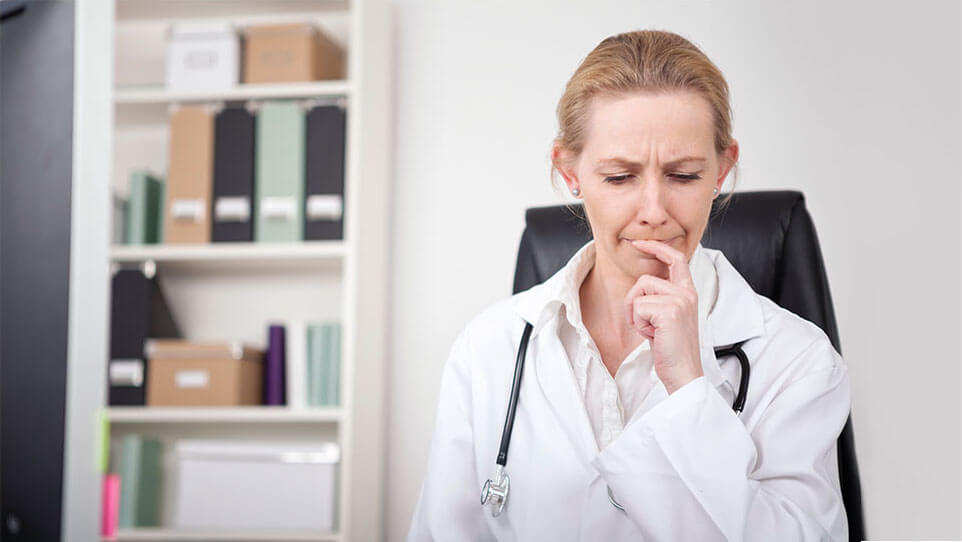Menopause Treatment - Abu Dhabi - Dubai
Menopause is a natural biological process that occurs in women as they age, typically between the ages of 45 and 55. It marks the end of a woman's reproductive years and is characterized by a decline in the production of certain hormones, particularly estrogen and progesterone. This hormonal transition can lead to a variety of symptoms, including hot flashes, night sweats, mood changes, vaginal dryness, and sleep disturbances.
While menopause itself does not require treatment, many women seek relief from the associated symptoms that can significantly impact their quality of life. Here are some common treatment options:
- 1. Hormone Replacement Therapy (HRT): This involves taking medications that contain hormones (estrogen alone or a combination of estrogen and progesterone) to replace the declining hormone levels. HRT can effectively alleviate many menopausal symptoms. However, it is not suitable for everyone and carries some potential risks, so it's important to discuss the benefits and risks with your healthcare provider.
- 2. Non-hormonal medications: Certain medications, such as selective serotonin reuptake inhibitors (SSRIs) and serotonin-norepinephrine reuptake inhibitors (SNRIs) commonly used as antidepressants, have been found to help reduce hot flashes and improve mood in menopausal women. Other medications, such as gabapentin, may also be prescribed for symptom relief.
- 3. Lifestyle modifications: Simple lifestyle changes can often help manage menopausal symptoms. These may include dressing in layers to manage temperature fluctuations, using a fan or cool compresses for hot flashes, regular exercise, a healthy diet rich in fruits, vegetables, and whole grains, and stress reduction techniques like yoga or meditation.
- 4. Vaginal estrogen therapy: For women experiencing vaginal dryness and discomfort during intercourse, low-dose estrogen treatments in the form of creams, tablets, or rings can be applied locally to alleviate symptoms.
- 5. Complementary and alternative therapies: Some women find relief from menopausal symptoms through complementary approaches like acupuncture, herbal supplements (e.g., black cohosh, soy, red clover), and mind-body techniques. However, evidence supporting the effectiveness of these treatments is often limited, so it's important to consult with your healthcare provider before trying them.
It's worth noting that menopause is a highly individualized experience, and what works for one person may not work for another. Therefore, it's essential to consult with a healthcare professional who can assess your specific situation, consider your medical history, and provide personalized recommendations and treatment options.

